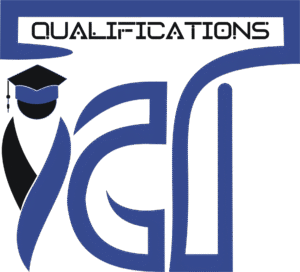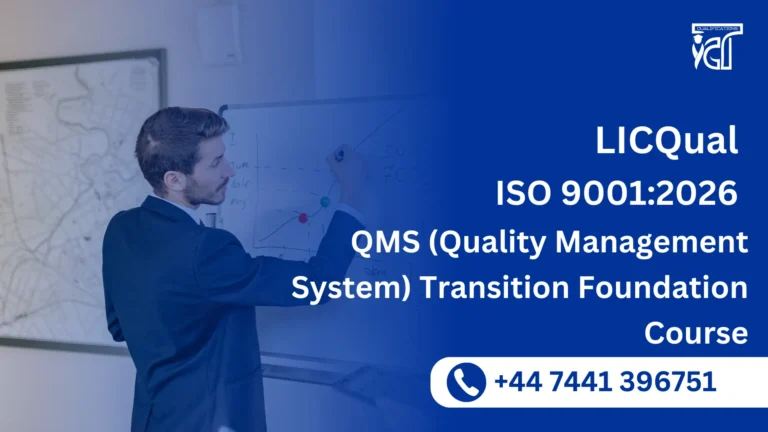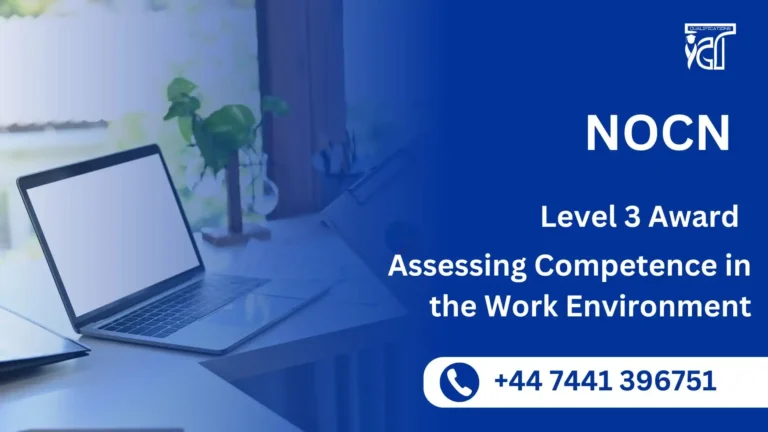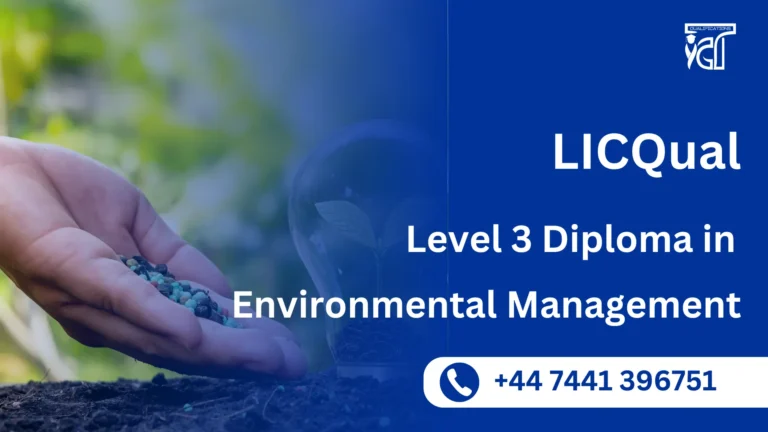ProQual Level 3 NVQ Diploma in Construction Contracting Operations – Buying
Certified skills to lead in contracting and procurement


Course Level
Level 3
Course Type
Ofqual Regulated
Awarding Body
ProQual
Duration
6 to 12 Months
Study Mood
Online
Assessment
Assignments Based
Course Overview
What is this course
The ProQual Level 3 NVQ Diploma in Construction Contracting Operations – Buying is a vocational qualification designed for professionals working in procurement and supply chain management within the construction industry. It provides formal recognition of skills and knowledge in buying operations, ensuring learners meet national occupational standards while gaining credibility for their workplace expertise. This qualification is widely respected and supports career progression in construction contracting.
The course is assessed in the workplace, allowing learners to demonstrate competence in real construction environments. Key areas of focus include sourcing and purchasing materials, negotiating with suppliers, managing contracts, and ensuring compliance with health, safety, and sustainability requirements. Learners develop practical expertise in procurement processes that are critical to the success of construction projects, while also strengthening their professional standing.
Completing this diploma benefits both learners and employers. Learners gain a recognized certification that enhances employability, confidence, and opportunities for advancement into supervisory or management roles. Employers benefit from a workforce that is skilled, certified, and capable of managing procurement functions efficiently, supporting compliance, cost control, and project excellence across construction operations.
Course Content
Detailed Curriculum Structure
The ProQual Level 3 NVQ Diploma in Construction Contracting Operations – Buying, to achieve the qualification candidates must complete all the mandatory and the required number of optional units for one of the following
Who Should Attend
Target Audience and Participants
- Procurement professionals working within the construction industry.
- Individuals responsible for sourcing and purchasing construction materials.
- Contracting staff seeking formal recognition of their buying expertise.
- Employees aiming to progress into supervisory or management roles in procurement.
- Construction operatives transitioning into contracting and supply chain operations.
- Those needing a qualification to meet national occupational standards in buying.
- Employers wishing to upskill staff in procurement and contract management.
- Anyone pursuing a long‑term career in construction contracting and operations.
Career & Learning Benefits
Skills, Knowledge & Opportunities You Will Earn
- Gain a nationally recognized qualification in construction procurement.
- Achieve formal certification for your buying and contracting expertise.
- Enhance career progression opportunities into supervisory or management roles.
- Develop advanced skills in sourcing, negotiating, and supplier management.
- Strengthen knowledge of contract compliance, health, and safety standards.
- Improve efficiency in procurement and cost control across construction projects.
- Build confidence and credibility with a qualification respected by employers.
- Support eligibility for the CSCS Gold Skilled Worker Card, validating advanced competence.
Need More Information?
Frequently Asked Questions Explained
Enrollment Criteria
Minimum Eligibility Criteria for Enrollment
Lock In Your Spot
Get in Touch
+44 2035 764371
+44 7441 396751
info@ictqual.co.uk
www.inspirecollege.co.uk









